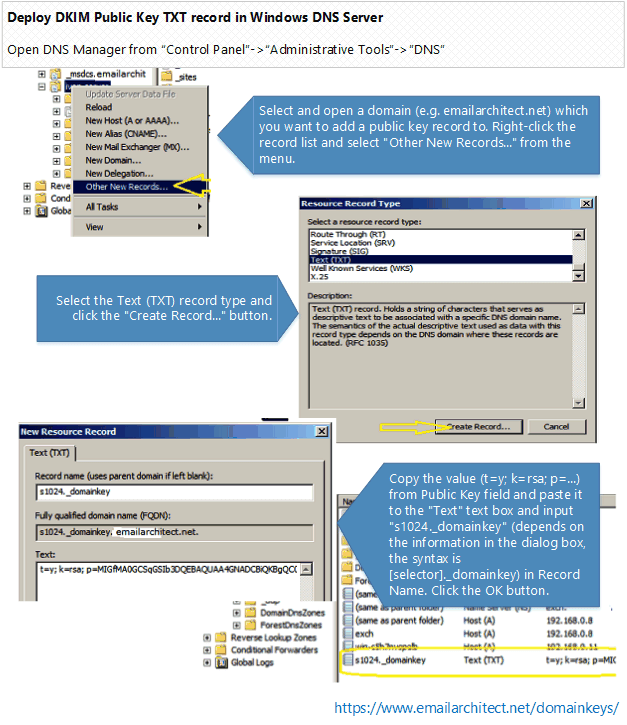Windows 2000 Server– Overview and Features Overview of Windows 2000 Server. Microsoft introduced an operating system named Windows 2000 Server which was designed for both client and server computers. It was the successor to Windows NT 4.0 and the predecessor to Windows XP. This operating system was being called as Windows NT 5.0 during its. Windows 2000/NT Key resets passwords for Windows 2000/NT. The program features a 100 percent recovery rate and can reset all secure boot options. It works with Windows 2000 Professional, Server. Windows 2000 Advanced Server CD KEY: H6TWQ-TQQM8-HXJYG-D69F7-R84VM also Business Server RBDC9-VTRC8-D7972-J97JY-PRVMG also Windows 2000 Pro, may be 120 day eva.
-->Windows 2000 License Key
Applies to
- Windows 10
Windows 2000 Professional Serial Key
Describes the best practices, location, values, and security considerations for the Domain member: Require strong (Windows 2000 or later) session key security policy setting.
Reference
The Domain member: Require strong (Windows 2000 or later) session key policy setting determines whether a secure channel can be established with a domain controller that is not capable of encrypting secure channel traffic with a strong, 128-bit session key. Enabling this policy setting prevents establishing a secure channel with any domain controller that cannot encrypt secure channel data with a strong key. Disabling this policy setting allows 64-bit session keys.
Whenever possible, you should take advantage of these stronger session keys to help protect secure channel communications from eavesdropping and session-hijacking network attacks. Eavesdropping is a form of hacking in which network data is read or altered in transit. The data can be modified to hide or change the name of the sender, or it can be redirected.
Possible values
Enabled
When enabled on a member workstation or server, all domain controllers in the domain that the member belongs to must be capable of encrypting secure channel data with a strong, 128-bit key. This means that all such domain controllers must be running at least Windows 2000 Server.
Disabled
Allows 64-bit session keys to be used.
Not defined.
Best practices
- It is advisable to set Domain member: Require strong (Windows 2000 or later) session key to Enabled. Enabling this policy setting ensures that all outgoing secure channel traffic will require a strong encryption key. Disabling this policy setting requires that key strength be negotiated. Only enable this option if the domain controllers in all trusted domains support strong keys. By default, this value is disabled.
Location
Computer ConfigurationWindows SettingsSecurity SettingsLocal PoliciesSecurity Options
Default values


The following table lists the actual and effective default values for this policy. Default values are also listed on the policy’s property page.
| Server type or GPO
| Default value |
|---|
| Default Domain Policy |
| Default Domain Controller Policy |
| Stand-Alone Server Default Settings |
| DC Effective Default Settings |
| Member Server Effective Default Settings |
| Client Computer Effective Default Settings |
Policy management
This section describes features and tools that are available to help you manage this policy.
Restart requirement
None. Changes to this policy become effective without a device restart when they are saved locally or distributed through Group Policy.
Group Policy
Misuse of this policy setting is a common error that can cause data loss or problems with data access or security.
You will you be able to join devices that do not support this policy setting to domains where the domain controllers have this policy setting enabled.
Security considerations
This section describes how an attacker might exploit a feature or its configuration, how to implement the countermeasure, and the possible negative consequences of countermeasure implementation.
Vulnerability
Session keys that are used to establish secure channel communications between domain controllers and member computers are much stronger starting with Windows 2000.
Whenever possible, you should take advantage of these stronger session keys to help protect secure channel communications from attacks that attempt to hijack network sessions and eavesdrop. (Eavesdropping is a form of hacking in which network data is read or altered in transit. The data can be modified to hide or change the sender, or be redirected.)
Countermeasure
Enable the Domain member: Require strong (Windows 2000 or later) session key setting.
If you enable this policy setting, all outgoing secure channel traffic requires a strong encryption key. If you disable this policy setting, the key strength is negotiated. You should enable this policy setting only if the domain controllers in all trusted domains support strong keys. By default, this policy setting is disabled.
Potential impact
Devices that do not support this policy setting cannot join domains in which the domain controllers have this policy setting enabled.
Related topics
